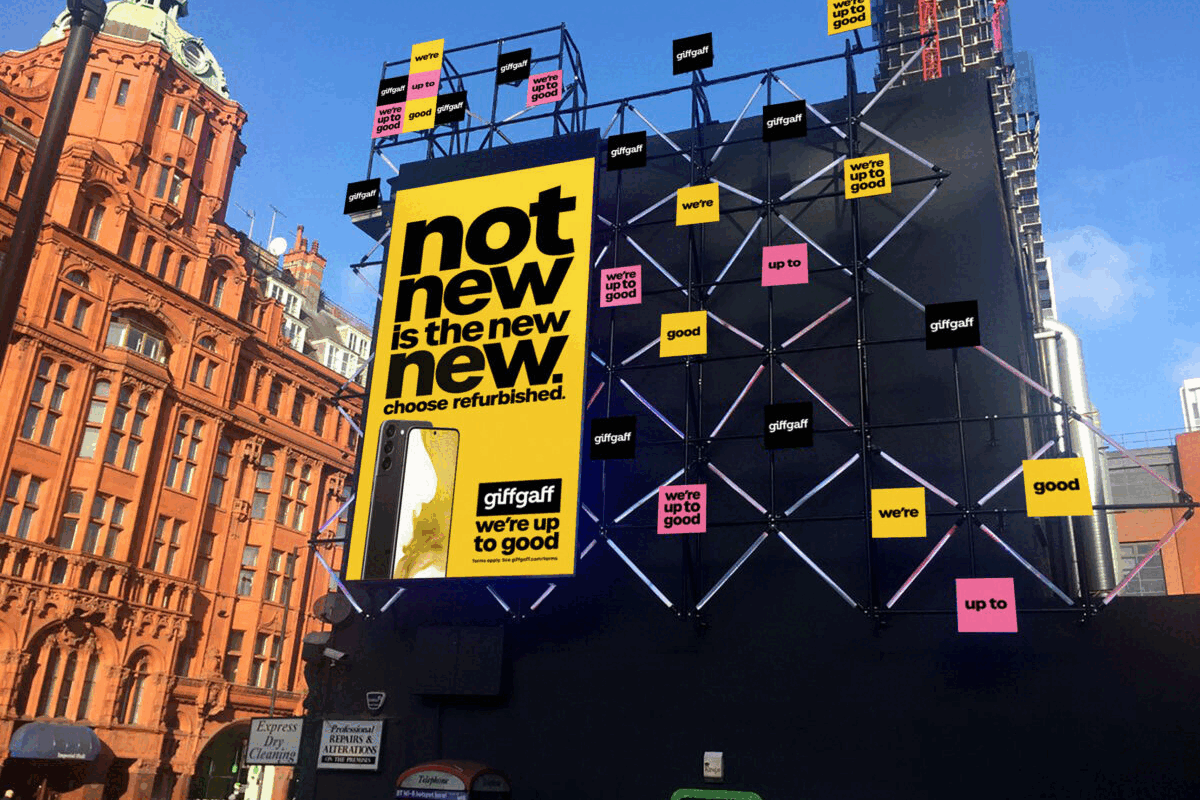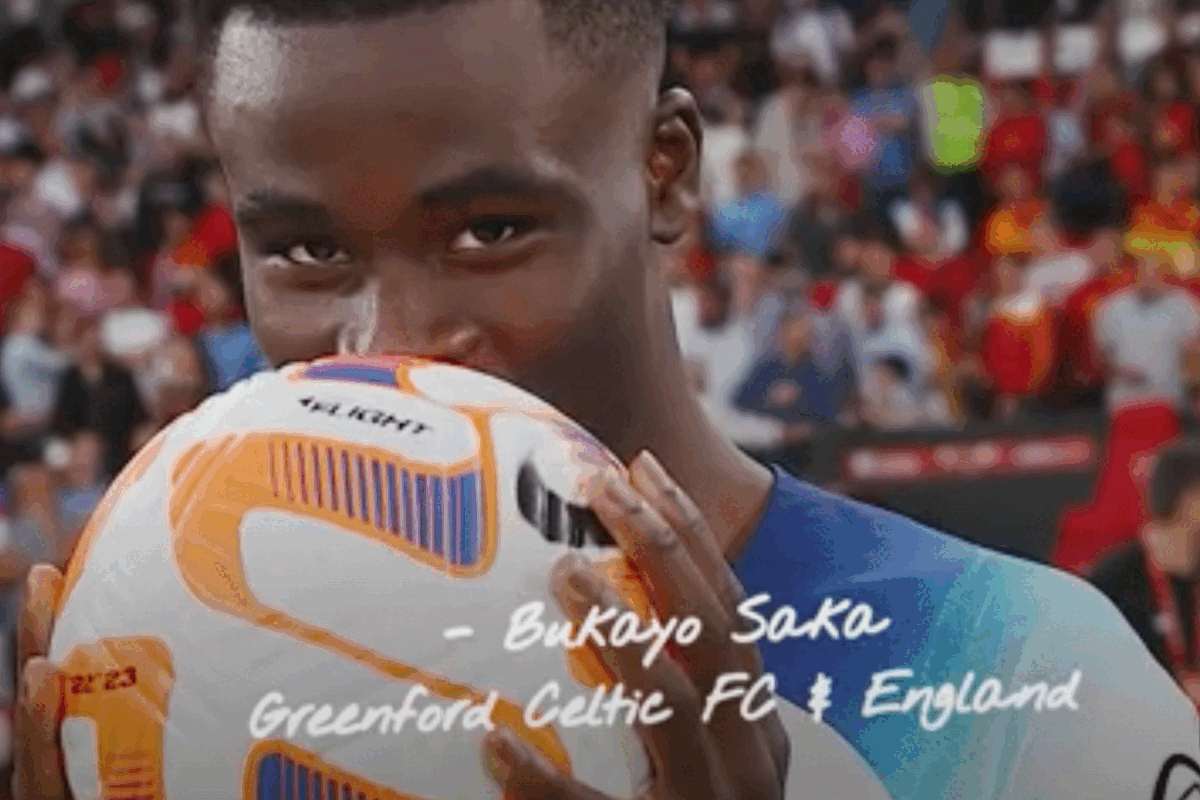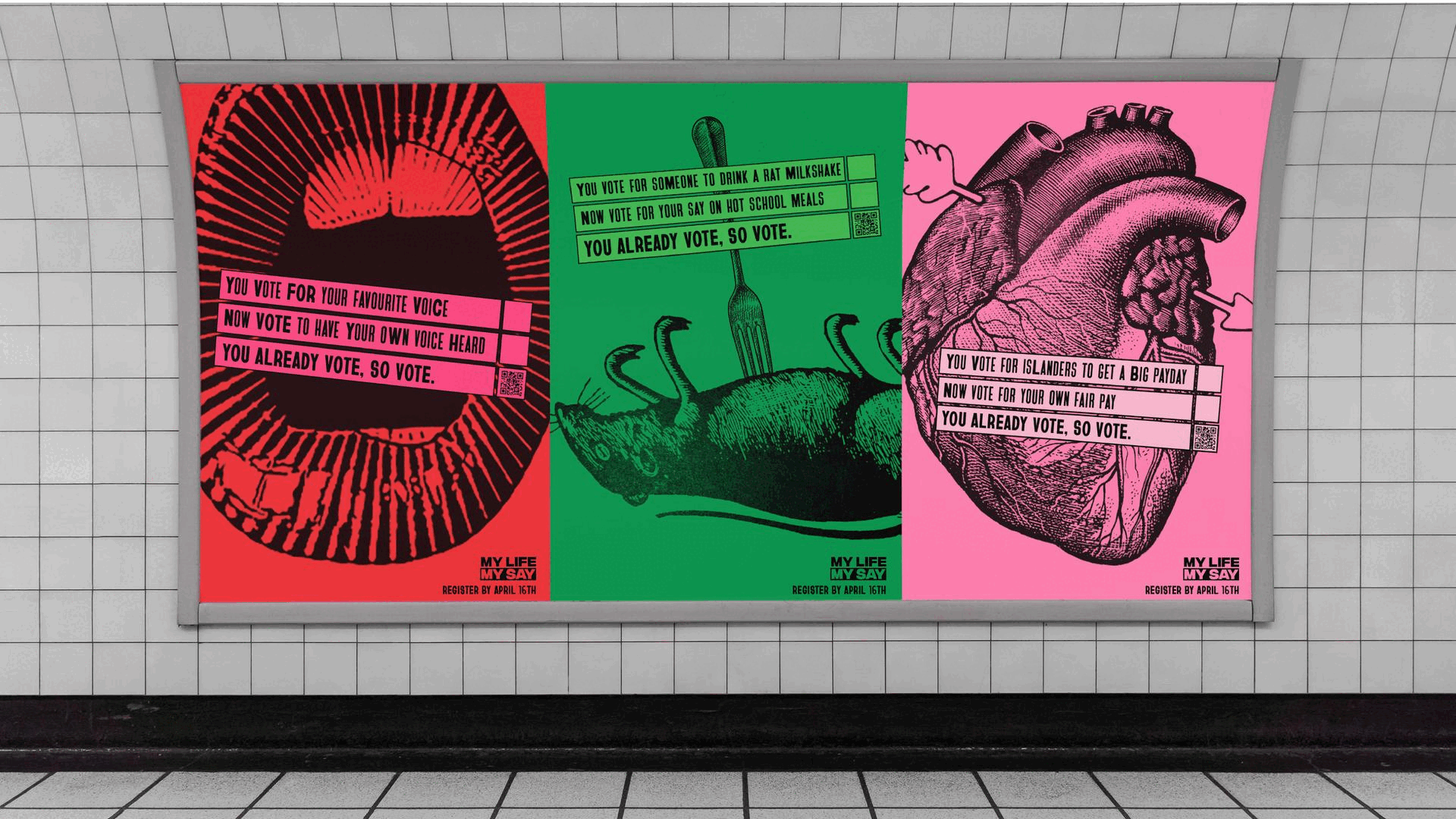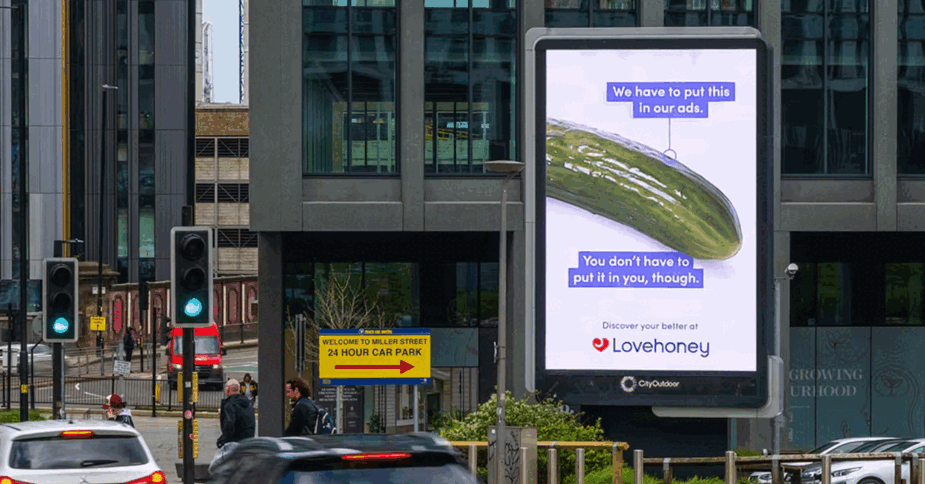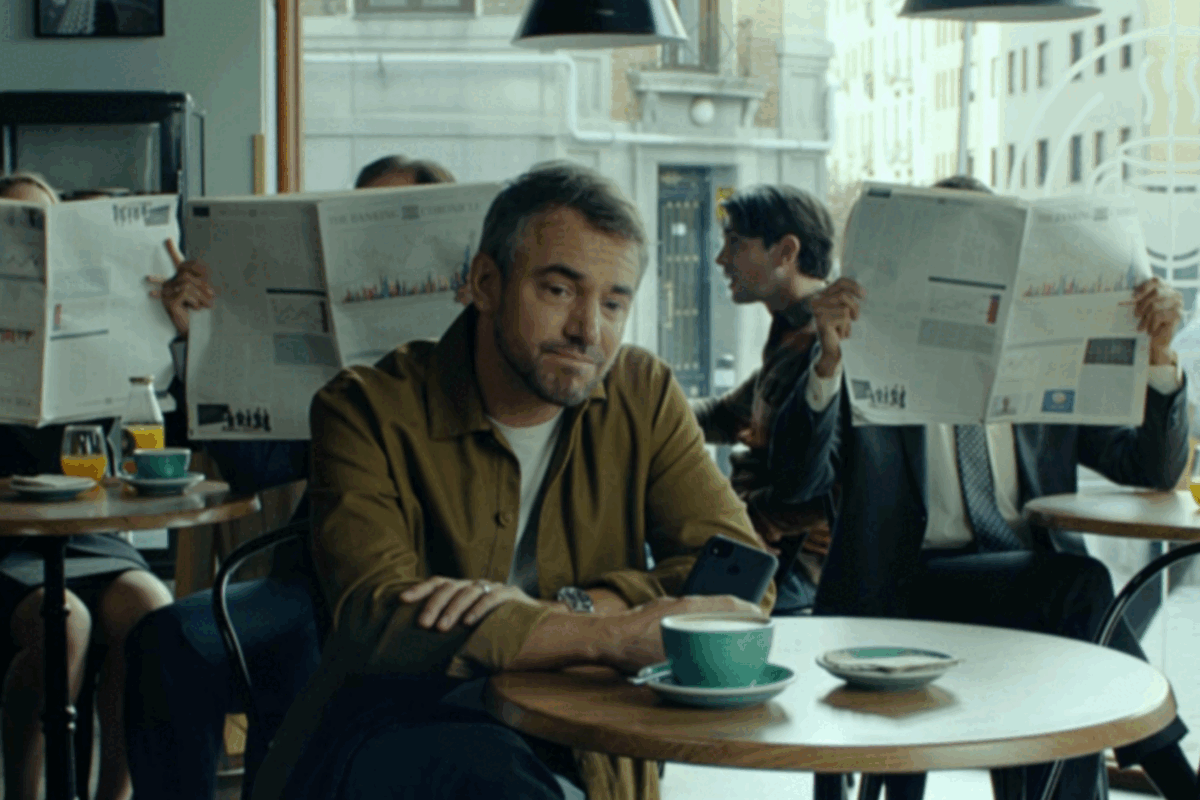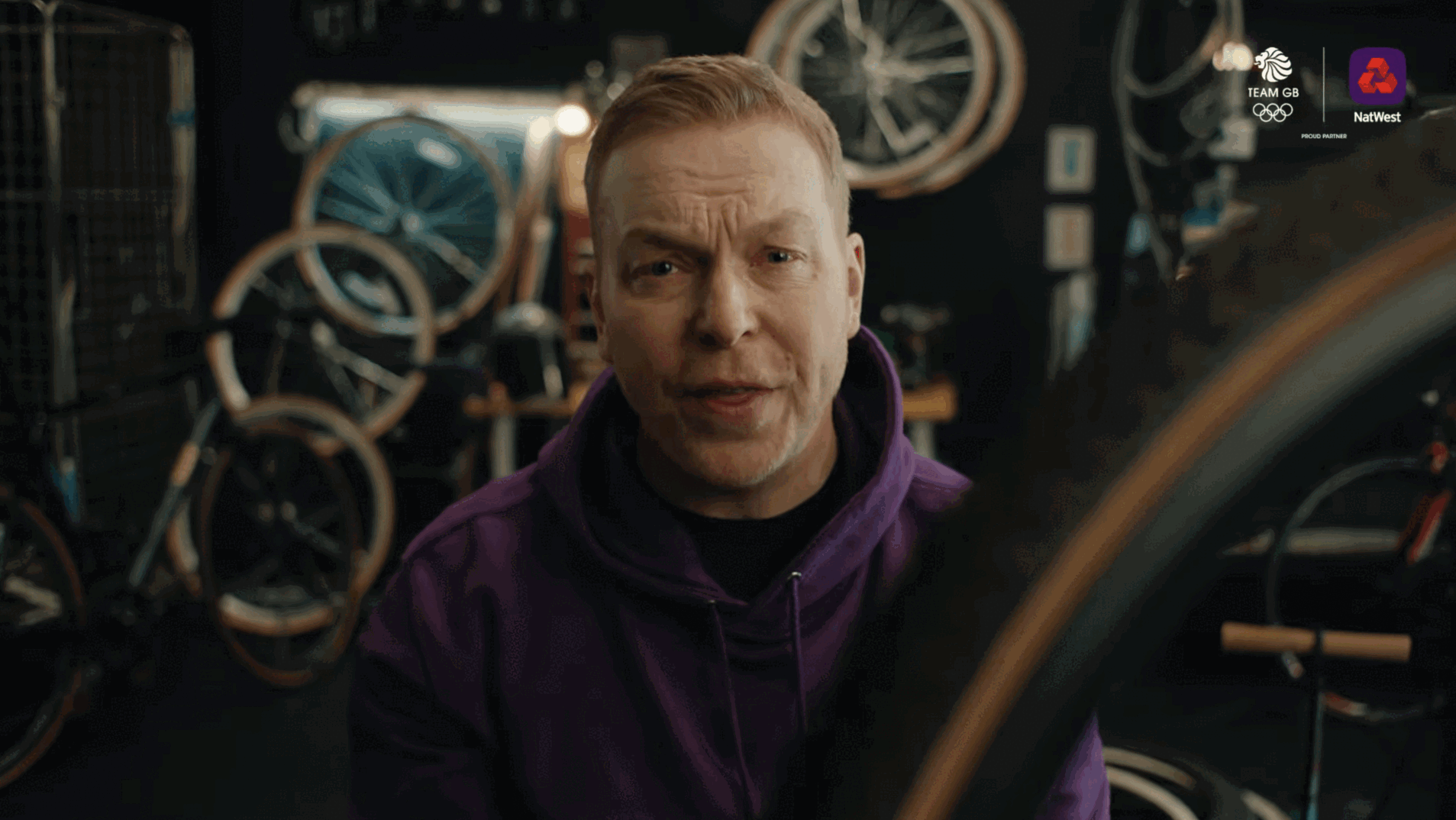2018 Award Winners: Entertainment, Retail/FMCG and Brand campaigns
- Monday, November 26th, 2018
- Share this article:
Following our recent Effective Mobile Marketing Awards Ceremony, we continue our round-up of the winning campaign in each category with a look at the winners in the Most Effective Entertainment Campaign, Most Effective Retail/FMCG Campaign and Most Effective Brand Campaign Categories.
Most Effective Entertainment Campaign or Solution: Sony Pictures, S4M and IPG Mediabrands – Going from the Small Screen to the Big Screen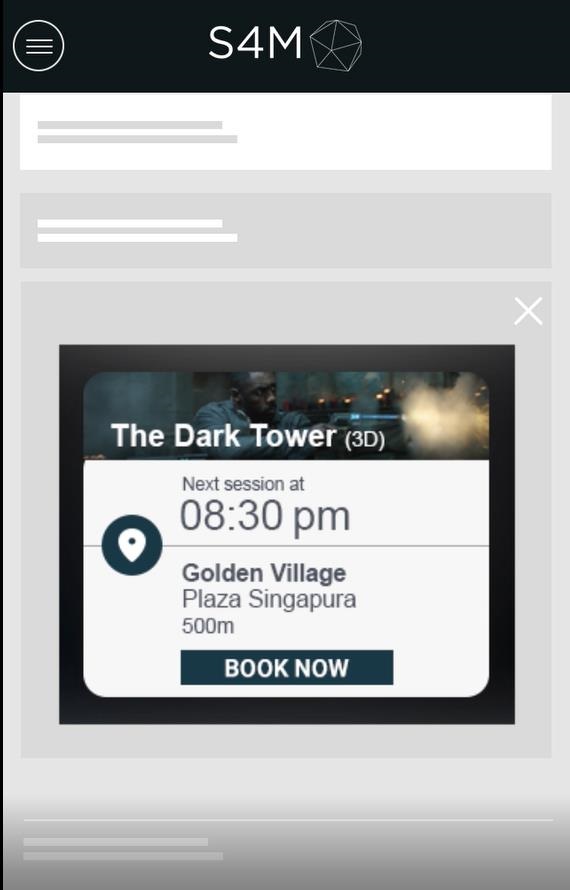 With this campaign, Sony Pictures set out to generate mass awareness prior to the launch of its summer blockbuster, The Dark Tower. The campaign’s goal was to leverage unique location data available only from mobile devices to facilitate a hassle-free experience of going to cinemas.
With this campaign, Sony Pictures set out to generate mass awareness prior to the launch of its summer blockbuster, The Dark Tower. The campaign’s goal was to leverage unique location data available only from mobile devices to facilitate a hassle-free experience of going to cinemas.
The campaign was split into two phases and targeted only to mobile devices. Early research had showed that audiences likely to go to see the movie were high mobile users. Mobile was also uniquely placed to deliver real-time location data for both the targeting, and dynamic creative.
Phase one ran before the movie hit theatres across the country to build a nation-wide hype with the movie trailer, which gave audiences the chance to engage with The Dark Tower. Users were presented with a pick & choose scenario between two main characters to be immersed in the movie’s universe.
The second phase focused on driving Box Office ticket sales amongst users that had engaged with phase one of the of campaign. S4M created a Video & Card unit with a custom API integration with one of Singapore’s top local cinema information providers, to deliver live cinema times at the end of the video.
This allowed Sony Pictures to deliver a tailored message in the video unit, displaying live screening times to each user after they had watched the movie trailer video. The unit also leveraged the user’s real-time location data to display the live cinema time of the closest theatre to the users’ immediate location. To close the loop and complete the purchase, the Video & Card also included a ‘Book Now’ CTA button, taking users directly to a booking page, where they could buy tickets.
Throughout both phases of the campaign, real-time location targeting was deployed, with a radius of 500 metres around cinemas and malls across Singapore. The ad units were dynamically creatively optimised to personalise each ad for each mobile user based on their immediate location data.
The campaign exceeded expectations, reaching around 2m Singaporeans. More than 24,000 users clicked to book movie tickets after exposure to the campaign, delivering a conversion rate of 1.2 per cent. 71,000 users watched the movie trailer in its entirety. For the Video & Card creative format, more than 67 per cent of total users stayed more than 12 seconds in the format. The clickthrough rate of 0.27 per cent was three times higher than the industry benchmark for vertical videos of 0.1 per cent, and 60 per cent of users exposed to the format used during the first phase spent at least 10 seconds in the ad experience.
Judges’ View: “This campaign brought together a number of mobile’s strongest assets: location, immediacy and entertainment. A deserved winner.”
Most Effective Retail/FMCG Campaign or Solution: Very.co.uk and Fetch – Winning the Christmas Retail Race on the Second Screen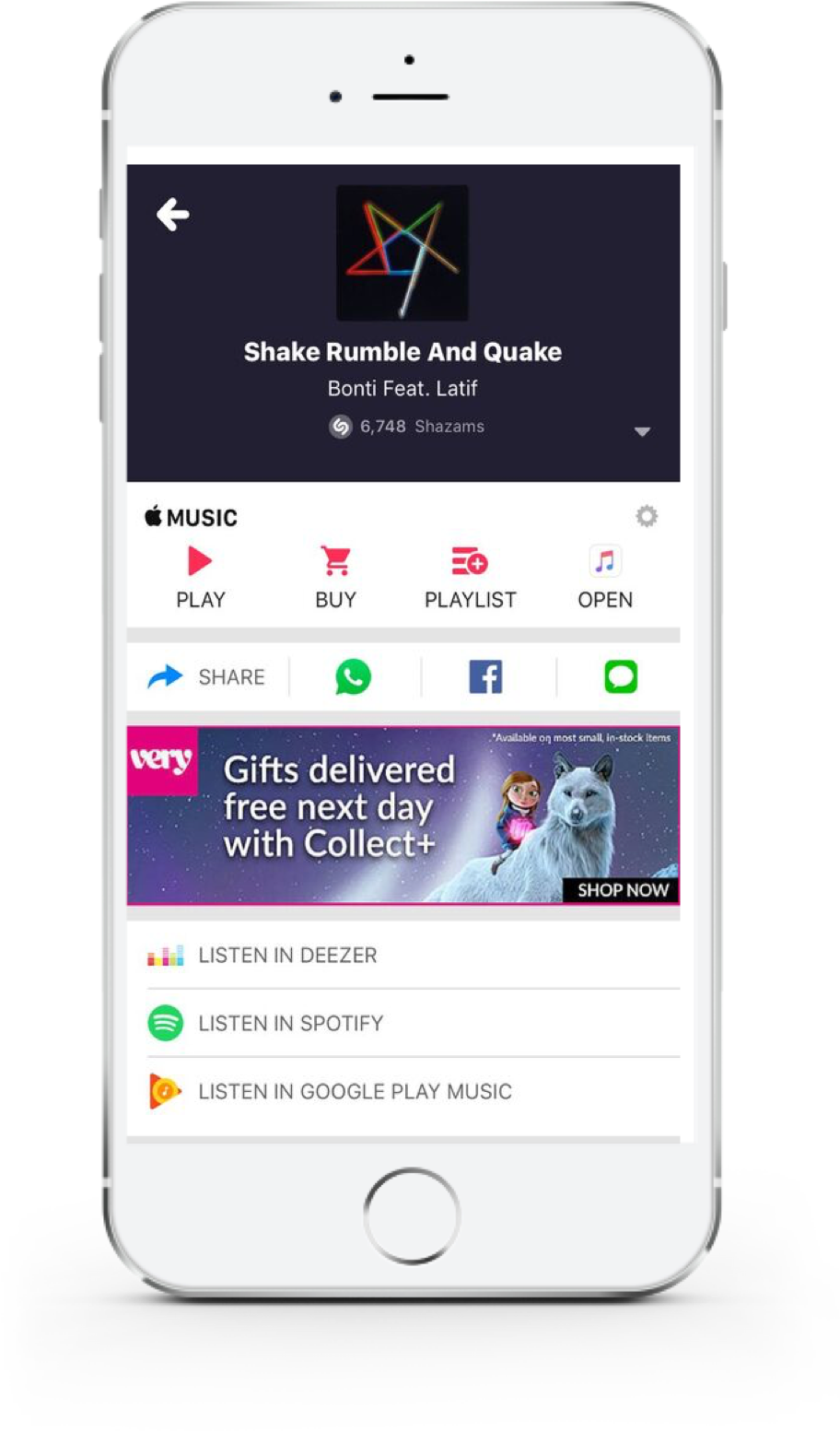 Christmas is the most important time of the year for Very.co.uk, with a significant percentage of its annual sales coming in during the October-to-December period, which ramps up from Black Friday to the end of the year sales. Lacking the budget of Argos, Currys or John Lewis, Very decided that it’s smartest approach to TV advertising would be to win the race for the second screen: mobile.
Christmas is the most important time of the year for Very.co.uk, with a significant percentage of its annual sales coming in during the October-to-December period, which ramps up from Black Friday to the end of the year sales. Lacking the budget of Argos, Currys or John Lewis, Very decided that it’s smartest approach to TV advertising would be to win the race for the second screen: mobile.
During the Christmas 2017 period, Very.co.uk took several steps to ensure it would ‘win Christmas’ on the second screen. Mobile ads served on target customers’ favourite apps were synchronised with TV campaigns by Very and its competitors, with gamified rich media units used to engage customers.
Spotify playlists with ‘party’ in the name were targeted with audio advertising, performance activity was used throughout November and December to convert sales, and geo-targeting and location-based strategies were used to target busy shoppers in Very’s target audiences.
The campaign was highly successful, smashing Very.co.uk’s target for year-on-year sales growth by almost three times. 73 per cent of seasonal online sales came via mobile, while second screening activity boosted brand awareness by 10 per cent. The integrated strategy managed to break through the noise of other retailers’ promotions and reached key target audiences in the moments that really mattered.
In addition to this category, this campaign also took the award for the Most Effective Cross-screen Campaign, and the Grand Prix Award.
Judges’ View: “In a strong category, Very stood out for this multichannel campaign. Great use of insight, and the judges all loved the integrated use of video and gaming, with one judge admitting to spending hours playing the game.”
There was also a Highly Commended award in this category. This went to Argos and Apadmi for the My Argos Card App, a mobile version of the Argos Card, which is used by Argos customers to help manage their purchases.
The app has been a huge success, with, at the time of entry, over 750,000 active monthly users, and 32 per cent of all payments for Argos Financial Services made via the app. It has become the largest digital payment channel for Argos Financial Services, and helped to reduce fraudulent activity by 72 per cent compared to non-digital channels.
Judges’ View: “As part of a digital transformation project, this clearly demonstrates resonance with its audience and more importantly, usage and adoption.”
Most Effective Brand Campaign: The Telegraph and Fetch – Words Chosen Well The Telegraph identified the need to start building the next generation of loyal, Telegraph readers. With their traditional print audience (male, 55+, affluent) naturally in decline, and in the face of rapidly-changing consumer behaviour, it was now more important than ever to make the Telegraph brand relevant to a new, younger, mobile-first audience. Most of this submission was marked confidential, which limits the amount we can say about it. But in essence, the key objective was to drive more registrations since registered readers are more likely to become paying subscribers than non-registered readers.
The Telegraph identified the need to start building the next generation of loyal, Telegraph readers. With their traditional print audience (male, 55+, affluent) naturally in decline, and in the face of rapidly-changing consumer behaviour, it was now more important than ever to make the Telegraph brand relevant to a new, younger, mobile-first audience. Most of this submission was marked confidential, which limits the amount we can say about it. But in essence, the key objective was to drive more registrations since registered readers are more likely to become paying subscribers than non-registered readers.
By connecting data and editorial on a real-time media basis, and using a combination of mobile, out of home, social, programmatic and podcasts, the Telegraph drove a significant shift in brand relevancy and exceeded its targets for the number of new registered users. The campaign also outperformed its KPIs in a number of other areas. These results were shared with the judges in confidence and convinced them that this campaign should take the award.
In addition to winning this category, this campaign also took the award for Most Effective Integrated Campaign.
Judges’ View: “Innovative use of different channels, plus relevance and personalisation to drive ambitious brand goals. Really shifted the perception for a non-traditional Telegraph (youth) audience by thinking about the consumer first, not the brand.”
You can see details of all the winning entries here.





